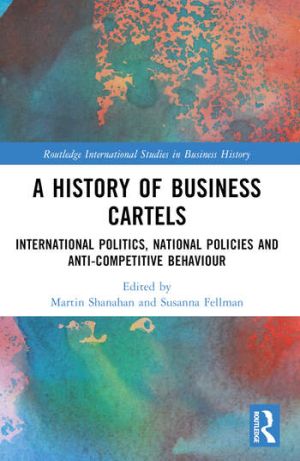
International cartels are powerful organizations that impact our everyday lives, although they are little known. This book presents fifteen historical case studies of international cartels that include agricultural and mineral commodities, the machinery industry, telephone equipment, whiskey and cement. They reveal that international cartels manipulated prices and shared markets over many decades, but that their real impact was far wider.
The global convergence towards criminalizing serious cartel conduct has seen a revival in historical research on cartels and competition policy. The regulation of anti-competitive behaviour has changed over time. To understand why US, European and other modern economies altered their policies through the 20th century, it is critical to understand when, how and why governments have interacted with, and been influenced by, business organizations such as cartels. This volume draws together researchers from different nations to examine the impact of international cartels on the experience of individual countries; those nations’ interactions with one or more international cartels; and ultimately with the individual nation’s interactions with the wider international community.
This book will be of interest to researchers, academics and advanced students in the fields of business and economic history, political economy, and government policy and those interested in cartels and their impact on the wider economy.